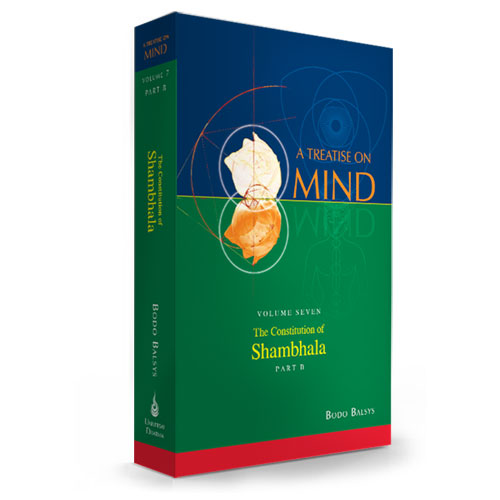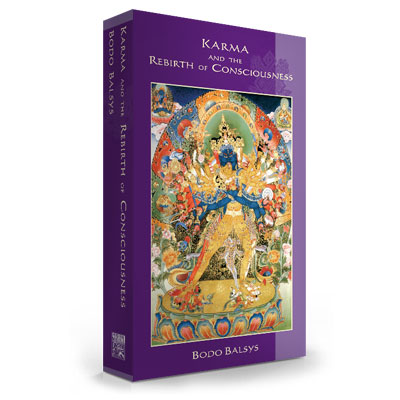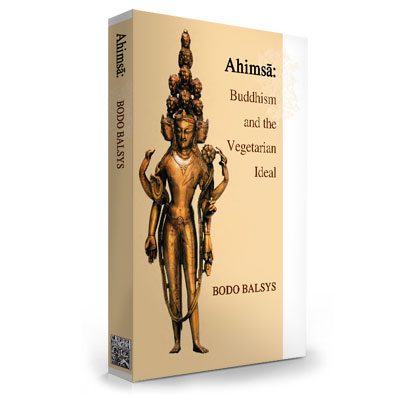The Constitution of Shambhala - Part B
The theme of the first of the two parts of this volume concerns the feminine deva hierarchy, their relation to Hierarchy and Shambhala. Many concepts are introduced that most seekers have little cognisance (e.g., the nature of the deva Lord Varuna). The Mother of the World’s role is revealed, and the feminine function in cosmos, (e.g., the Pleiades). Advanced teaching concerning the Lord of the World (Sanat Kumāra), and the higher Initiations are provided. The second part is a long esoteric poem detailing many inner plane revelations concerning the type of vision obtained when accessing Shambhala, plus Initiation teachings for disciples.**Valid for FREE WORLDWIDE SHIPPING - enter coupon code UDFREE in your cart**
592 pages, softcover ©2018
**VIEW PREVIEW PDF HERE** 


